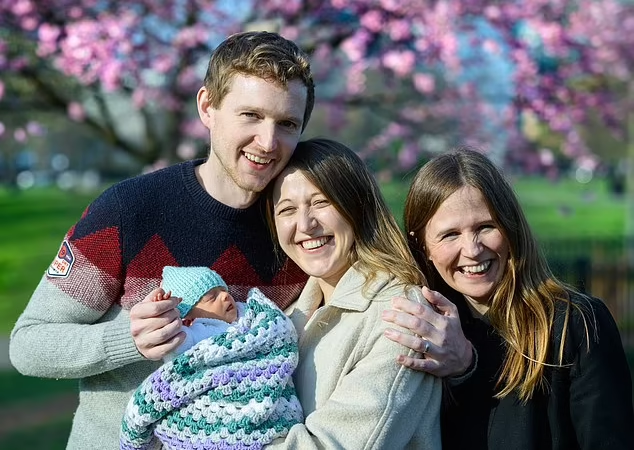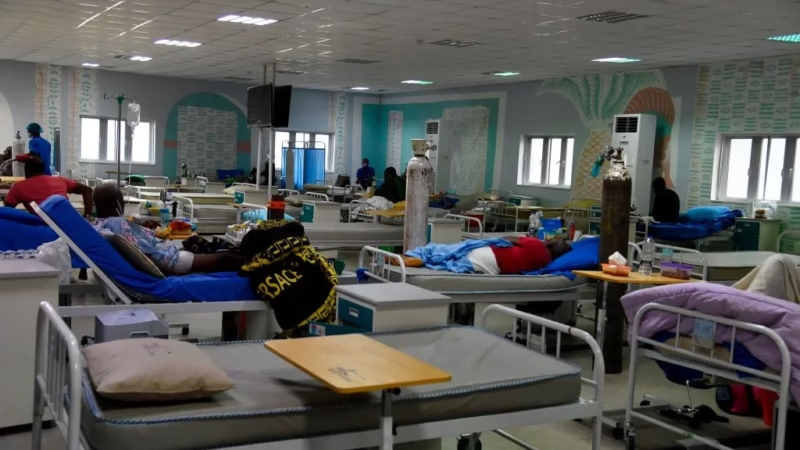NCDC Says Over 1,300 People Died From Diphtheria Due To Vaccination Gaps

The Nigeria Centre for Disease Control and Prevention (NCDC) has reported a total of 1,319 fatalities linked to the ongoing diphtheria outbreak in the country. This information was disclosed in the latest situation report from the National Diphtheria Emergency Operations Centre (EOC), which was published on Sunday on the agency’s official website.
Diphtheria is a severe bacterial infection caused by Corynebacterium diphtheriae, primarily affecting the mucous membranes of the throat and nose. The bacterium produces a toxin that can result in serious complications, including respiratory difficulties, heart failure, and nerve damage. Vaccination remains the most effective preventive measure, while prompt treatment with antitoxins and antibiotics is essential for managing the illness.
Since 2022, the NCDC has recorded over 42,000 suspected cases across 37 states. The report, which pertains to Epidemiological Week 10 of 2025, underscores ongoing challenges in combating the disease, such as low vaccination rates, insufficient laboratory capacity, and delays in case confirmation.
Kano State has been particularly affected, accounting for 75 percent of confirmed cases, with 18,108 out of a total of 25,812. Other states with significant case numbers include Bauchi (2,334), Yobe (2,408), and Katsina (1,501). The case fatality rate (CFR) is currently at 5.1 percent, indicating that one in every 20 confirmed cases results in death. In certain states, the mortality rate is even more alarming, with Kaduna reporting a rate of 48 percent, Lagos at 83 percent, and Adamawa at 80 percent.
In the most recent reporting week, the NCDC noted 23 new suspected cases—20 in Lagos and three in Katsina. However, none of these cases have been confirmed yet, and 56.5 percent of cases remain unclassified due to delays in laboratory confirmation. The Federal Government has initiated reactive vaccination campaigns in high-burden states and has increased community engagement efforts with traditional and religious leaders.



